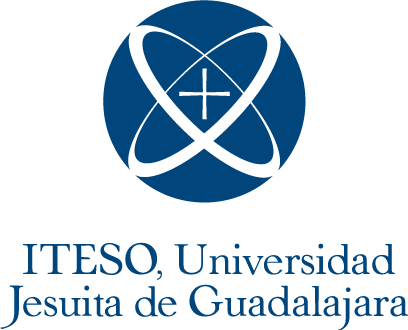Abstract:
Capsaicin (CPS) is a pungent compound found in Capsicum annuum that has shown anti-inflammatory properties. About 50% of the worldwide population suffer from gastrointestinal disorders and treatment guidelines restrict chili pepper consumption. Our objective was to evaluate the effect of CPS consumption on stomach mucosa, proinflammatory cytokines (TNF-α, IL-1β, IL-6) and cyclooxygenase-2 enzyme (COX-2) in gastric mucosa of two experimental models. The first one comprised healthy rats treated with vehicle or CPS 2 mg/kg during 8 weeks, to elucidate whether CPS induces inflammation of gastric mucosa. The second study included a 2-weeks gastritis model induced with oral acetylsalicylic acid (ASA) plus vehicle group, ASA+CPS group and healthy control rats to assess the protective effect of CPS. Histopathological and molecular analysis were performed on stomach samples. Our results showed a protective effect on gastric mucosa and a significant down-regulation of proinflammatory cytokines and COX-2 in both experimental models.
Mendivil, E., Sandoval-Rodríguez, A., Meza-Ríos, A., Zúñiga-Ramos, L., Domínguez-Rosales, A., Vazquez del Mercado, M., Sánchez-Orozco, L., Santos-García, A. and Armendáriz-Borunda, J. (2019). Capsaicin induces a protective effect on gastric mucosa along with decreased expression of inflammatory molecules in a gastritis model. Journal of Functional Foods, 59, pp.345-351.
